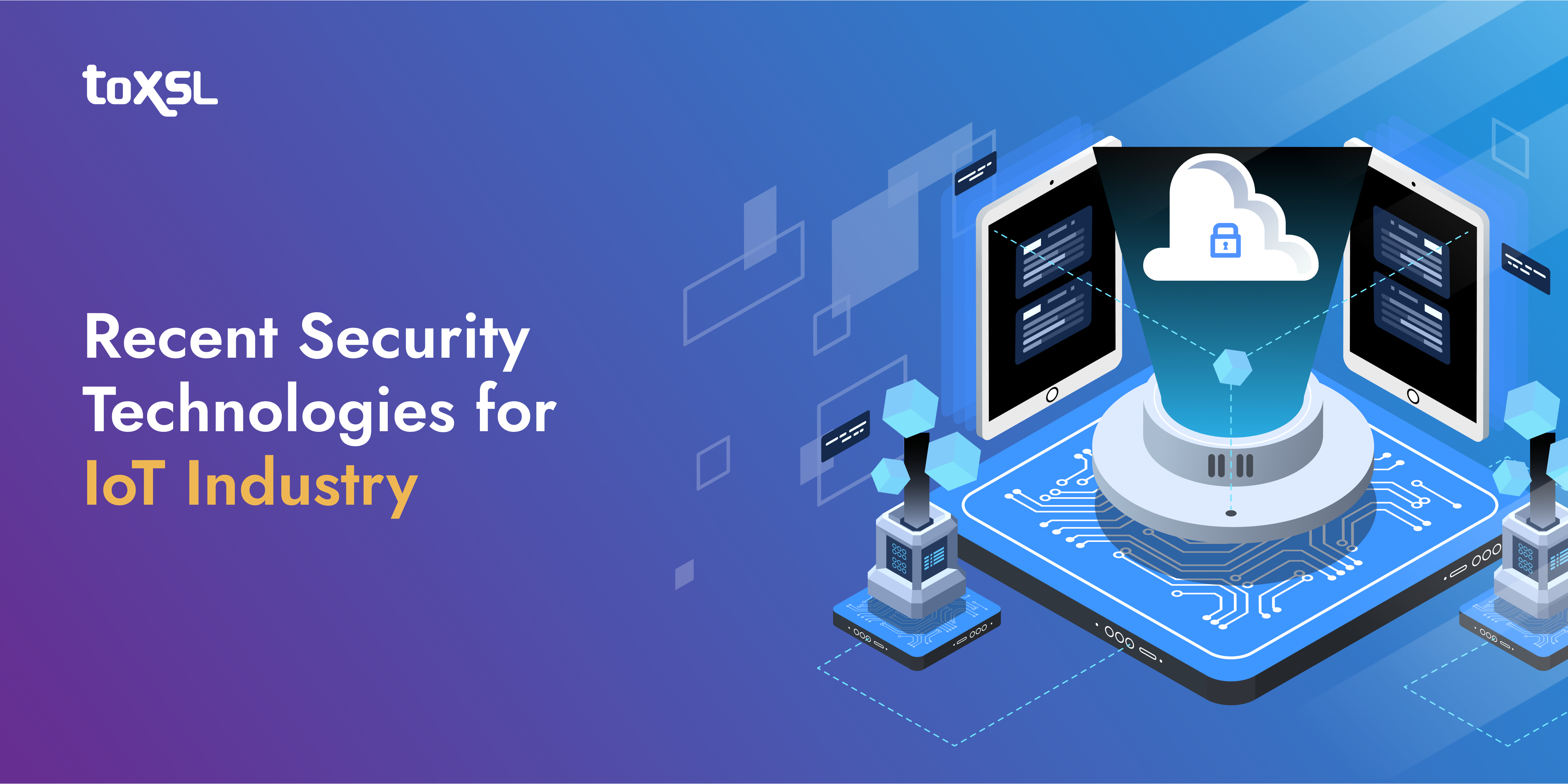- Jun 11, 2024
Share this post on:

It is no more a new topic to hear that the world has become automated and smarter than ever before. May it be home appliances, cars, watch, or house, everything has become automated to experience better lives. The introduction of Internet Of Things is no more a buzzword as it gained popularity in no time. All the major industries are welcoming this concept to get the benefits at the earliest.
As per Statista reports, For 2020, the installed base of Internet of Things devices is forecast to grow to almost 31 billion worldwide.
You can get a clear idea from the above stats that a wide number of devices will get connected over the web and will double up with time. No doubt, as the connected devices multiply, so will the security get compromised. More the devices more will be the insecurities.
Security concerns in IoT
With an increase in the connected devices, data will get compromised and the industry will face data breaches. At this moment, people are hardly aware of how their privacy will get compromised even at their homes. An ordinary microwave may be spying on you and might become a reason for a major data loss.
As IoT gains popularity, more companies will invest in this industry. We simply can’t stop them but certainly, we can get some security factors introduced in IoT which can tackle the security attacks to some extent. So, not wasting more time, let’s get an insight of the latest technologies which can be used to fight back the security concerns in IoT.
Here’s a list of few important technologies for the IoT industry.

IoT network security:
Securing the network in which the devices will connect can be helpful to safeguard data. In fact, it won't be easy to protect the whole network as there are a number of communication protocols, devices, algorithms, and standards used along the way. As this could be a complex process, we can use anti-malware, antivirus, or firewall to address this issue and further take advantage of the IoT concept.
IoT authentication:
As users will get authentication to the connected devices, there are chances that a third person interrupts in between and harm your data. Like in the case of connected cars, access will be given to multiple people. And this data loss can be prevented if we introduce two-way authentication, or digital certificates, or even biometrics, which will give access to the authorized person only.
IoT encryption:
In order to prevent data sniffing and other hacking attempts and maintain data integrity in the devices, it becomes necessary to implement some cryptographic algorithms and techniques. As we introduce the encryption process, the data over the devices will remain in an encrypted form which will be useless for the hackers even if they steal the data.
IoT PKI:
Implementing digital certificate and cryptographic key (including private/public key generation) can be a lot of help for assured safety of data over the connected devices. The digital certificates can be implemented in the IoT devices when they are manufactured and later enabling them for safety measures.
IoT API security:
API security can be utilized for data authentication and authorization. This will help in maintaining data integrity which flows through the IoT devices, back-end systems, and other apps.
Along the way, you would be wondering to become a part of this IoT automated world. Isn't it? It's yet not late. Enjoy the best IoT application services from us. We will assist you with the superior quality services over a reliable and assured platform. Still confused why choose us? Get in touch with our team and know our services better.











